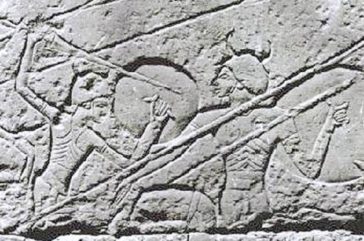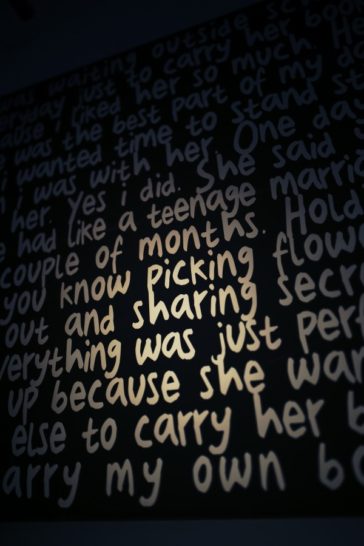Writing Believable Characters
Our main characters need to be people our readers can relate to, admire, or even aspire to be like. On the other hand, if we go too far we risk creating a Mary Sue or Marty Stu. Mary and Marty are unrealistically gifted, universally loved, movie star handsome or beautiful, amazingly talented, wonderfully wealthy, unbelievably lucky, the stuff of daydreams. To be believable, even the most relatable character needs to have some personal flaws, some things they aren’t good at, … Read More »






